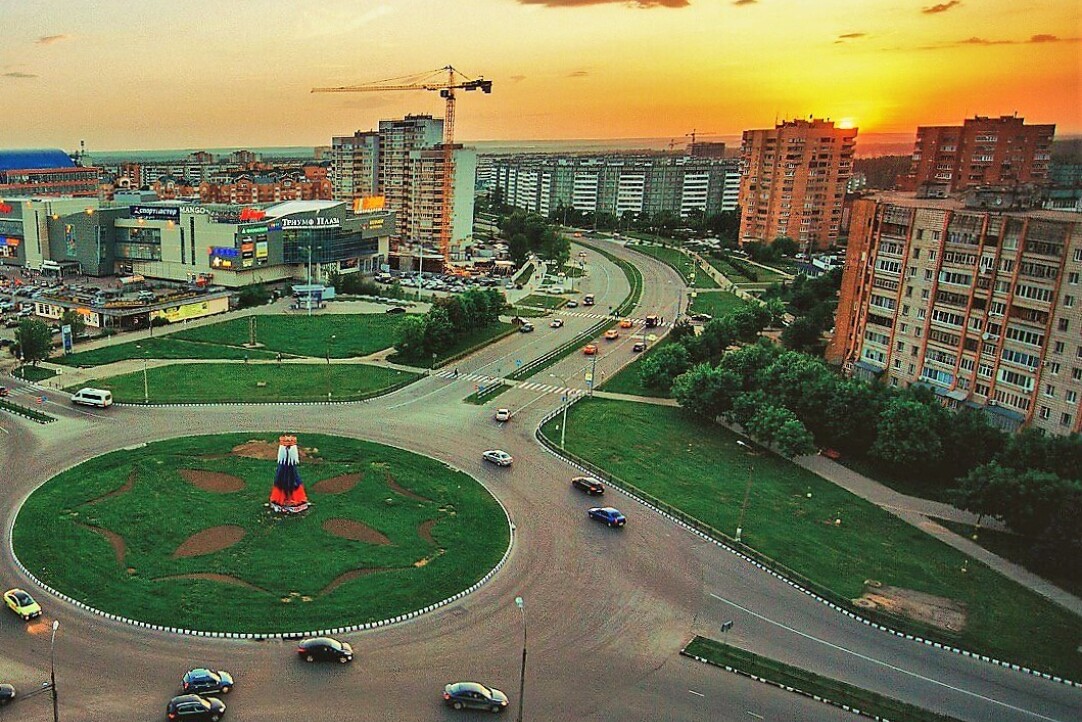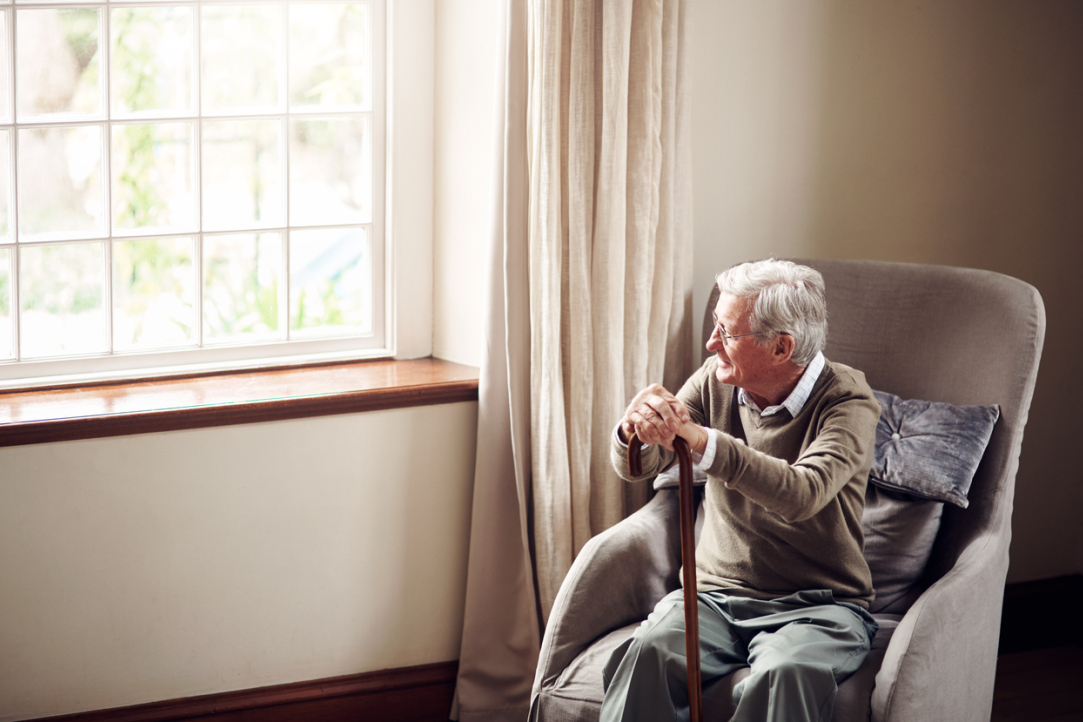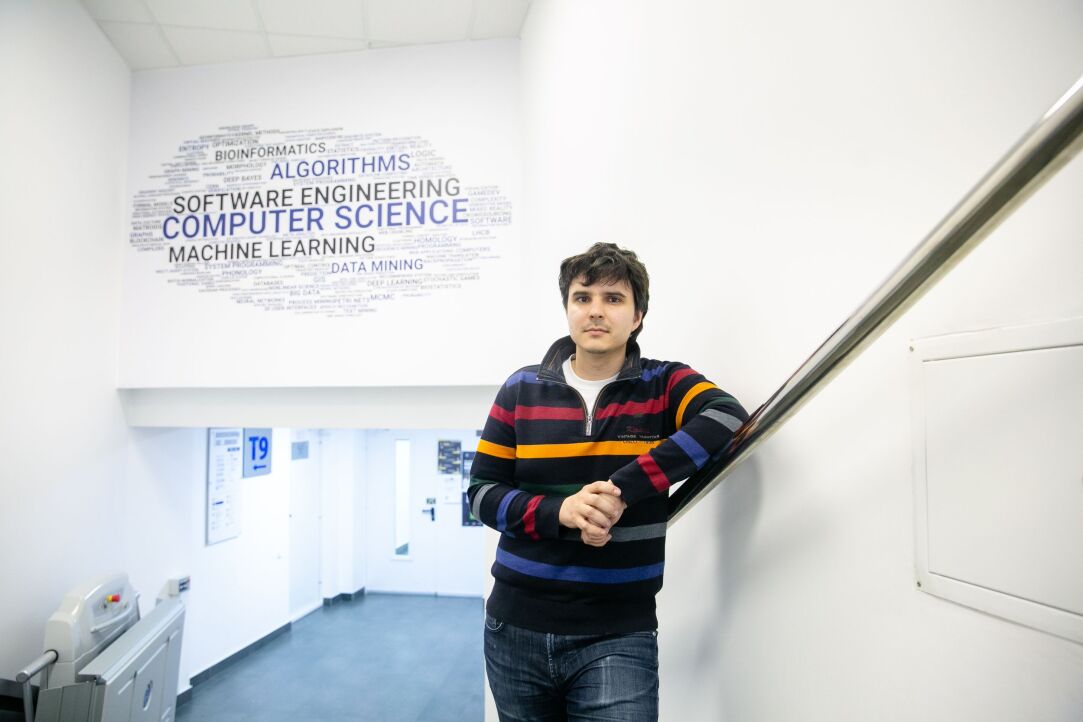
Faculty of Urban and Regional Development Develops a Draft of a New Transport Scheme of Obninsk
On May 3rd, a briefing and presentation session of a project for the development of the city's transport scheme took place in the Obninsk administration. This large-scale project has been implemented by staff from the Institute of Transport Economics and Transport Policy Studies of the HSE Faculty of Urban and Regional Development.

Russian Scientists Discover Method for Enhancing the Capacitance of Supercapacitors
A supercapacitor is a device capable of rapidly storing and releasing a significant amount of energy within a matter of seconds. It consists of metal electrodes immersed in an electrolyte solution. In their model, MIEM HSE scientists substituted the conventional low-molecular-weight electrolyte with a polyelectrolyte, resulting in an unexpected and adverse physical phenomenon: supercapacitors experience a reduction in capacitance when the pore size of the electrode is below 1 nm. By carefully selecting optimal conditions for polyelectrolytes, it becomes possible to develop supercapacitors that are not only more robust but also more efficient in their performance. The study has been published in Physical Review E.

Factors Affecting Alcohol Consumption Are Shaped in Childhood
Economists and sociologists who study alcohol consumption patterns often link them to people's living conditions and human capital such as education, work experience, and knowledge. Researchers of the HSE Laboratory for Labour Market Studies and the HSE Laboratory for Studies in Economic Sociology have found that non-cognitive skills developed in childhood and adolescence can have a major effect on the likelihood of alcohol abuse later in life and can diminish the role of education in this respect. The paper has been published in the Journal of Comparative Economics.

Microgravity Rewires Connectivity in Cosmonauts' Brains
After studying the brain scans of 13 Russian cosmonauts who participated in space missions to the ISS from 2014 to 2020, scientists discovered that prolonged exposure to microgravity had an impact on the connectivity of the brain structures responsible for adapting to unfamiliar conditions. The study revealed that these connections may not always return to their original state after the flight. The paper has been published in Communications Biology.

Men Willing to Pay More for Chocolate Than Women
Researchers at HSE University in Perm have used electroencephalography (EEG) to determine that consumers are willing to pay 10% more for chocolate when they know it to be a premium product. On the other hand, if consumers are aware that a chocolate product is inexpensive, their willingness to pay decreases by 13%. On average, men are willing to pay 8.8 monetary units more for chocolate than women, and men's willingness to pay decreases by 0.3 monetary units with each additional year of age. The study has been published in Food Quality and Preference.

Researchers from HSE University and Artificial Intelligence Research Institute Train Neural Network to Learn Much More Efficiently
Neural network generative models have achieved impressive results in recent years, but researchers are still working on increasing their efficiency. Researchers from the HSE Faculty of Computer Science and AIRI have managed to optimize the finetuning of the StyleGAN2 neural network, which creates realistic images, to new domains, reducing the number of trained parameters by four orders of magnitude. At the same time, the quality of the obtained images remained high. The results of this work were presented at the NeurIPS 2022 conference.

Capabilities as an Indicator of Poverty
Using a multidimensional approach, sociologists from HSE University have identified some vulnerable categories of the population that have rarely been the focus of research on poverty. According to their calculations, pensioners and people with disabilities also fall into the ‘poor’ category. The study was published in the Russian Journal of Economics.

Income and Cost of Living Distribution Found to Be Similar in Russia and US
Researchers at the HSE Faculty of Economic Sciences Laboratory for Wealth Measurement analysed income and cost of living data at the sub-regional level in Russia (municipalities) and in the US (counties). The study reveals that territorial differences in the cost of living are more pronounced in Russia compared to the United States. However, the distribution of overall income across settlements of varying sizes is quite comparable in both countries. The article has been published in the HSE Economic Journal.

People Spend 1/6th of their Lifetime on Enhancing Their Appearance
An international team including HSE researchers has conducted the largest ever cross-cultural study of appearance-enhancing behaviours. They have found that people worldwide spend an average of four hours a day on enhancing their beauty. Caring for one's appearance does not depend on gender, and older people worry as much about looking their best as the young do. The strongest predictor of attractiveness-enhancing behaviours appears to be social media usage. The study findings have been published in Evolution and Human Behaviour.

‘Not Once since I Decided to Pursue Science Have I Ever Been Bored’
Sergey Samsonov could have become a historian or worked in a hedge fund, but he devoted himself to mathematics. In this interview with the HSE Young Scientists project, he explained why he chose research in statistics and machine learning and how to generate a million images of cats.

